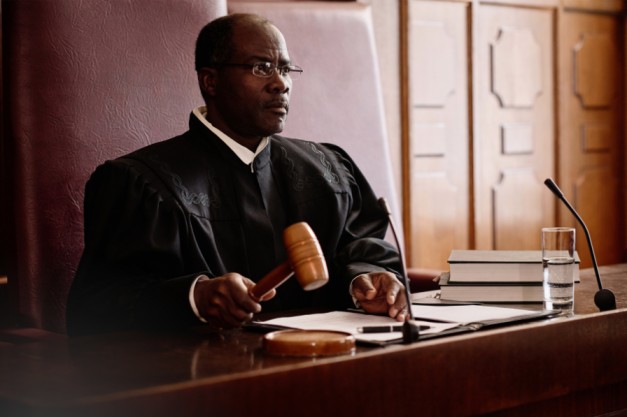When someone is arrested, one of the first questions they (and their loved ones) ask is: “Will I have to stay in jail until trial?”
That’s where a bail hearing comes in. Understanding how bail works can make a big difference in protecting your freedom and preparing a strong legal defense.
What Is Bail?
Bail is the amount of money—or sometimes conditions set by the court—that allows a defendant to be released from custody while their case moves forward. It’s not a fine or punishment. Instead, bail acts as a guarantee that the accused will return for future court dates.
If the defendant attends all required hearings, the bail money is typically returned (minus any administrative fees). If they fail to appear, the court may forfeit the bail and issue an arrest warrant.
What Happens at a Bail Hearing?
A bail hearing is a court proceeding, usually held shortly after arrest, where a judge decides:
- Whether bail will be granted
- How much bail should be set
- Whether release is possible without bail (personal recognizance)
- What conditions must be met (e.g., travel restrictions, no-contact orders)
Both the prosecution and defense have the chance to present arguments at this stage.
Factors Judges Consider in Setting Bail
When deciding bail, judges weigh several factors, including:
- The severity of the alleged crime (violent crimes may have higher or denied bail).
- The defendant’s criminal history (repeat offenders may face stricter conditions).
- Risk of flight (likelihood the accused will flee and avoid trial).
- Community ties (family, employment, residence stability).
- Public safety concerns (whether releasing the person could pose a threat).
Common Outcomes of a Bail Hearing
A bail hearing can result in:
- Release on Recognizance (ROR): The defendant promises to return without posting money.
- Cash Bail: A set amount of money must be paid to secure release.
- Bond: A bail bond company posts bail in exchange for a fee.
- Denied Bail: In very serious cases, bail may be refused entirely.
Why You Need a Lawyer at a Bail Hearing
A skilled criminal defense lawyer can argue for the lowest possible bail—or even for release without bail. Lawyers present evidence of community ties, stable employment, and other factors that show the defendant is not a flight risk or danger to others.
Without strong legal advocacy, defendants risk unnecessarily high bail amounts or even being held in custody until trial.
Take Action Now
If you or a loved one has been arrested, time is critical. Having an experienced defense lawyer at your bail hearing can mean the difference between going home or waiting for trial behind bars.
📞 Call (301) 917-3790
📧 Email support@stanleythompsonlaw.com
📍 Visit us at 7845 Belle Point Drive, Greenbelt, MD 20770
At Stanley Thompson Law, we fight for your freedom from the very first court appearance. Don’t face a bail hearing alone—get the defense you deserve today.



